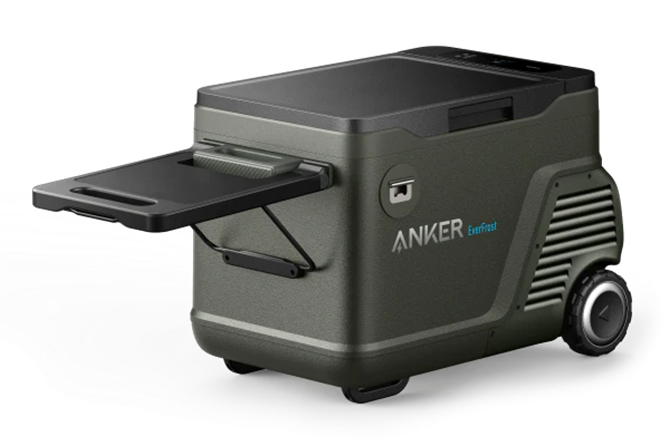
District of New Jersey Rejects Waiver of Subrogation in Residential Solar Contract
January 23, 2020
New Jersey Manufacturers Insurance Group v. Vivint Solar, Inc., 2018 WL 1003745 (D.N.J. 2018)
Recently, Judge Sheridan of the District of New Jersey rejected a waiver of subrogation in a residential solar contract, finding that the contract was one of adhesion and that the waiver was against public interest. New Jersey Manufacturers Insurance Group v. Vivint Solar, Inc., 2018 WL 1003745 (D.N.J. 2018), involved a home in Union, New Jersey insured by New Jersey Manufacturers Insurance Group (NJMIG). In 2014, the homeowners were approached by a door-to-door salesman from Vivint Solar, Inc., and ultimately entered a Contract with Vivint for the design, installation, service and maintenance of a residential solar panel system for their property.
Paragraph 19 of the Contract, entitled “SUBROGATION,” stated:
You agree to release all Covered Persons from any claims of any parties suing through Your authority or in Your name, such as Your insurance company, and You agree to defend us against any such claim. YOU AGREE TO NOTIFY YOUR INSURANCE COMPANY OF THIS RELEASE.
On August 29, 2014, during the solar installation process, a fire originated on the roof of the home directly below the solar panels in the area of the enphase converter. NJMIG made payment of approximately $250,000.00 and brought a subrogation action against Vivint. Vivint moved for summary judgment, alleging that the Contract contained a subrogation waiver that barred NJMIG’s claims.
In denying Vivint’s motion, the Court stated that the Contract may have constituted a contract of adhesion if the homeowners lacked meaningful choice in the acceptance of the subrogation waiver. The Court explained that the Contract was printed on a standardized from and presented to unsophisticated parties on a take-it-or-leave-it basis. Moreover, the Court found that the subrogation waiver was against public interest because the Contract failed to define subrogation, who the waiver released, and its nature and scope.
This is the second case from the District Court of New Jersey in the last year to reject a subrogation waiver in what is arguably a contract of adhesion. See Allstate New Jersey Insurance Company v. Avalon Communities, Inc., 2017 WL 1095473 (denying Defendant’s motion to dismiss based on subrogation waiver contained in residential lease). In each case, the Court held that subrogation waivers are not enforceable where the insured was not given a “meaningful choice to accept the waiver.”
Subrogation professionals should be aware of this trend as the application of the Court’s reasoning could arguably invalidate all subrogation waivers agreed to by consumers, as most laymen are unfamiliar with subrogation and could not reasonably be found to have meaningfully chosen to waive it.
Please contact Michael Wolfer with questions.



